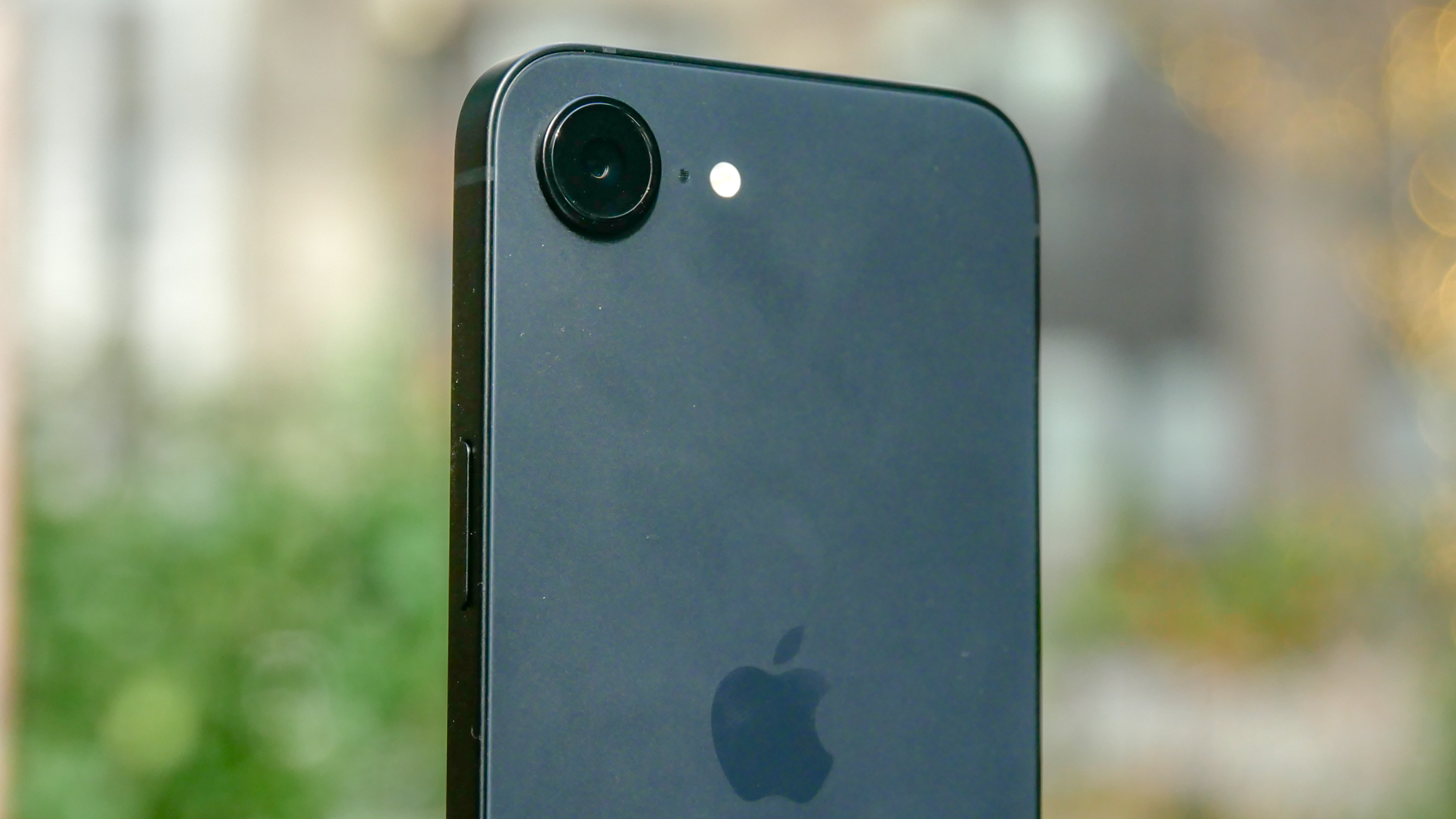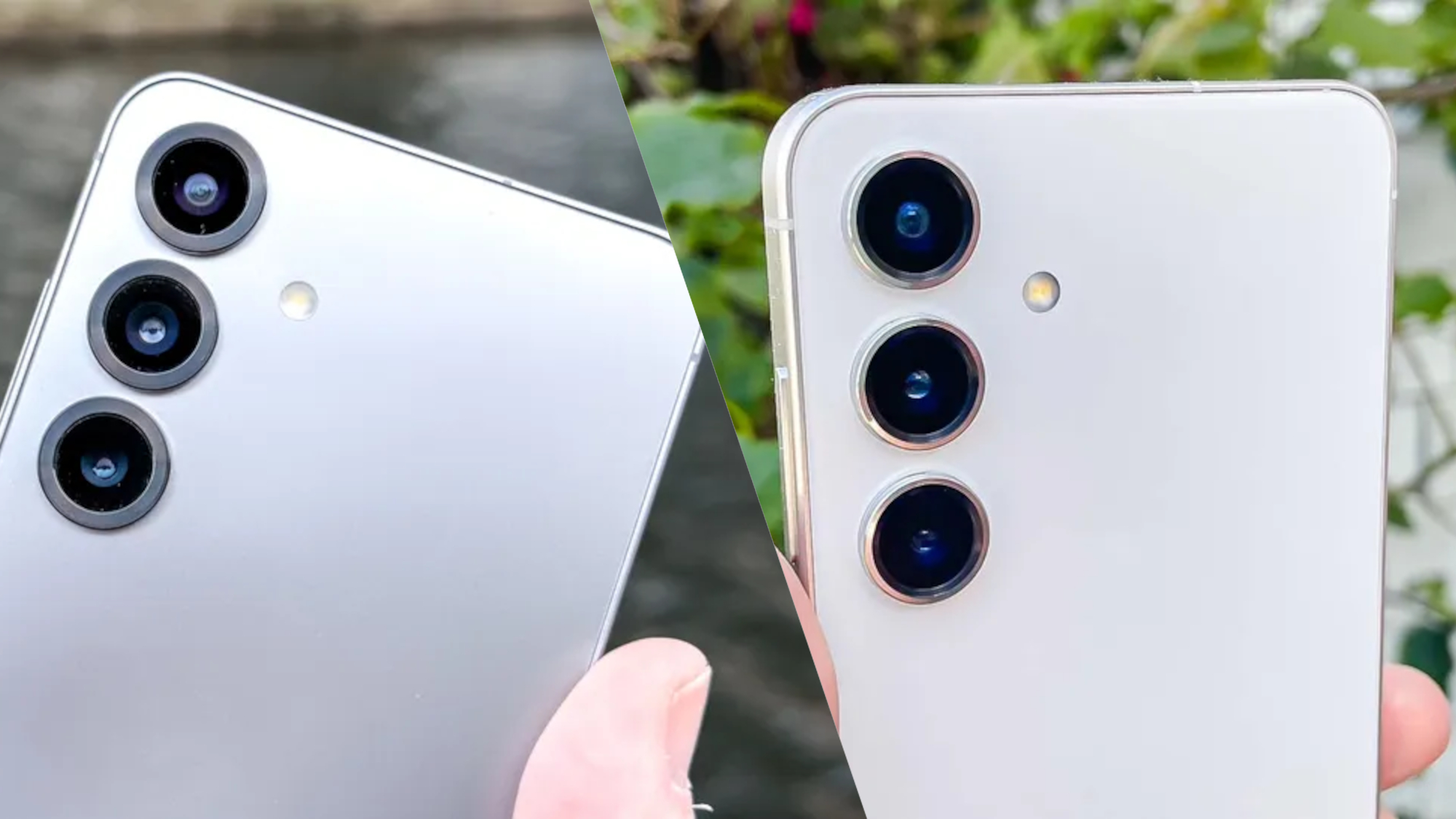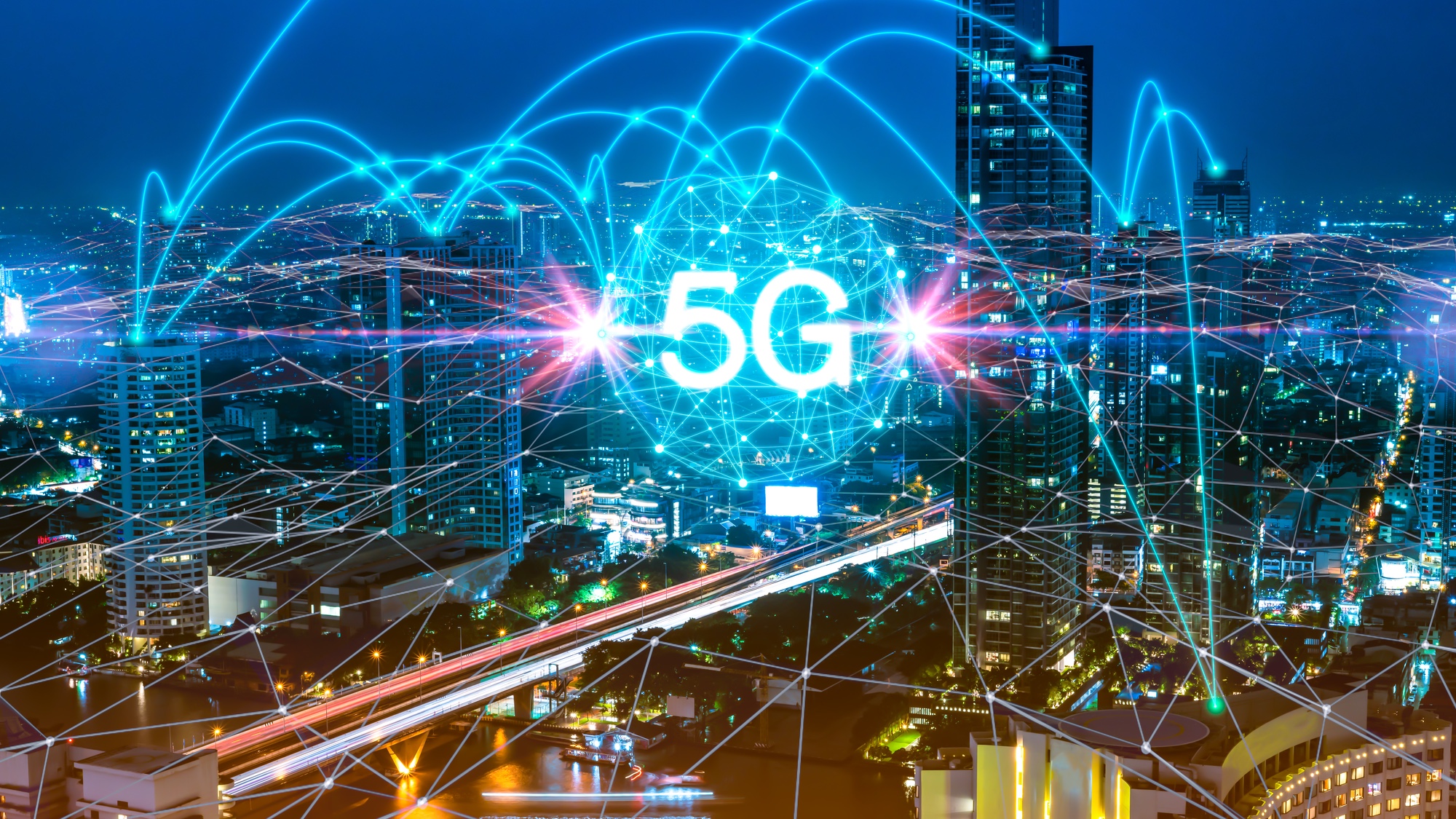Qualcomm-funded study shows that Apple's C1 modem is slower — but there's a catch
The answer should surprise no one

Here at Tom’s Guide our expert editors are committed to bringing you the best news, reviews and guides to help you stay informed and ahead of the curve!
You are now subscribed
Your newsletter sign-up was successful
Want to add more newsletters?

Daily (Mon-Sun)
Tom's Guide Daily
Sign up to get the latest updates on all of your favorite content! From cutting-edge tech news and the hottest streaming buzz to unbeatable deals on the best products and in-depth reviews, we’ve got you covered.

Weekly on Thursday
Tom's AI Guide
Be AI savvy with your weekly newsletter summing up all the biggest AI news you need to know. Plus, analysis from our AI editor and tips on how to use the latest AI tools!

Weekly on Friday
Tom's iGuide
Unlock the vast world of Apple news straight to your inbox. With coverage on everything from exciting product launches to essential software updates, this is your go-to source for the latest updates on all the best Apple content.

Weekly on Monday
Tom's Streaming Guide
Our weekly newsletter is expertly crafted to immerse you in the world of streaming. Stay updated on the latest releases and our top recommendations across your favorite streaming platforms.
Join the club
Get full access to premium articles, exclusive features and a growing list of member rewards.
Apple recently released the iPhone 16e, which includes the C1 modem, the first built in-house. However, it seems Qualcomm has commissioned Cellular Insights to compare the iPhone 16e's connection abilities to two Android phones to see which is best.
All three devices were placed in various real-world environments around New York while connected to T-Mobile’s sub-6GHz network. According to the report, the phones were all tested in near, far and mid-cell conditions in an attempt to get the most comprehensive results.
Now, the report doesn't specify which Android devices were used, but we can make an educated guess. The first device is stated to be a January 2025 flagship with an X80 modem and a $799 price tag. Meanwhile, the second was a January 2024 flagship with the older Snapdragon X75 modem and a $619 price tag. As such, we can guess that the two models were the Galaxy S25 and Galaxy S24, respectively.
What was the end result?

The report found that the Android phones offered a 34.3% to 35.2% faster download speed than the iPhone 16e, while also featuring an 81.4% to 91% faster upload speed. Now, it should be noted that the report found that all three devices offered "somewhat comparable 5G performance under ideal, near-cell conditions, performance deltas became increasingly pronounced as signal conditions deteriorated."
The reason for this disparity is suggested to be due to Qualcomm modems supporting downlink carrier aggregation and uplink carrier aggregation features. If you've not heard of these terms, they're essentially techniques used in cellular networks that increase the bandwidth and data rates by combining multiple data channels.
The C1 modem also lacks mmWave 5G support, which is usually found in urban areas and offers the fastest speeds.

It is important to take this with a healthy level of salt for several reasons. Firstly, this is a report commissioned by Qualcomm, so there's always a level of bias in the end report. Secondly, this test was only on a single network. Meanwhile, an Ookla comparison revealed that the iPhone 16e modem far exceeded the iPhone 16 on all networks.
Get instant access to breaking news, the hottest reviews, great deals and helpful tips.
Finally, and arguably more importantly, Qualcomm has been the leader in cellular modems for over a decade, so it knows how to get the most out of its hardware. As such, Apple's first modem managing to outperform it completely would be unlikely.
So, what do you take away from this comparison? The main takeaway is that T-Mobile users in areas with no or limited coverage would be much better served by owning one of the best Android phones. However, if you live in a city with better coverage, then you really won't notice the difference in 5G connection.
More from Tom's Guide
- Apple could announce a dedicated gaming app at WWDC 2025 — here’s what we know
- Forget iPhone 17 — iPhone 18 tipped to hide Face ID below the screen
- Your next iPhone could cost substantially more — Trump threatens 25% tariff

Josh is a staff writer for Tom's Guide and is based in the UK. He has worked for several publications but now works primarily on mobile phones. Outside of phones, he has a passion for video games, novels, and Warhammer.
You must confirm your public display name before commenting
Please logout and then login again, you will then be prompted to enter your display name.
 Club Benefits
Club Benefits










